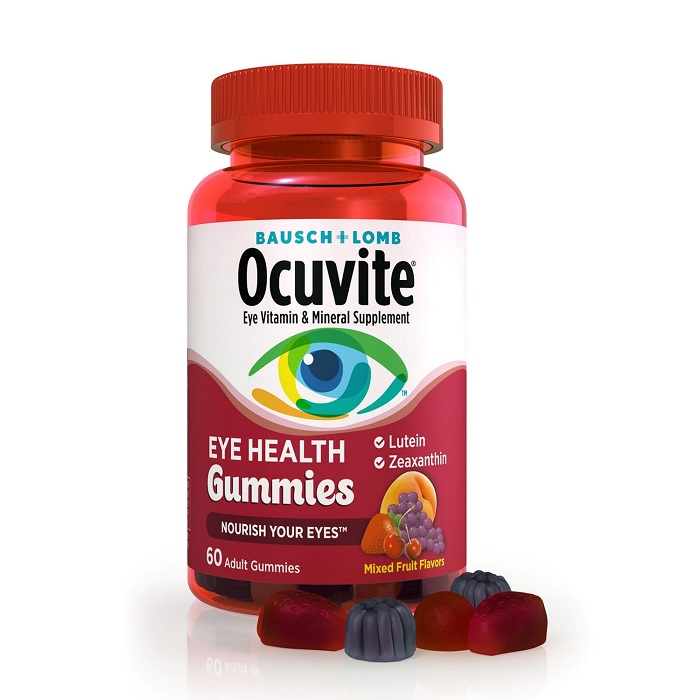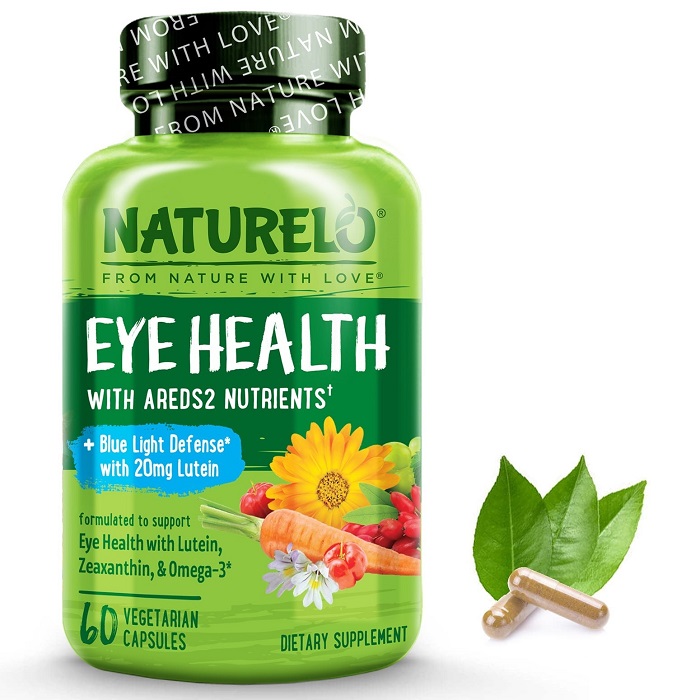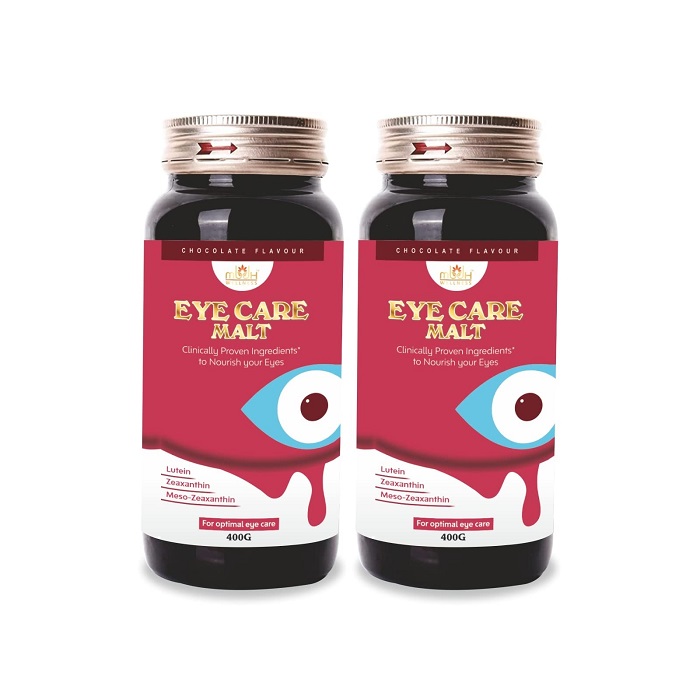
The Role of Vitamins in Eye Health
Vitamins play a crucial role in maintaining eye health and preventing vision impairments. Adequate intake of specific vitamins helps preserve sight and may fend off eye diseases. The retina and macula, essential for sharp vision, rely on these nutrients to function properly. Eye vitamins like Vitamin A, Vitamin C, and Vitamin E are key to visual acuity. They protect the eyes from issues like cataracts and macular degeneration.
Carotenoids such as lutein and zeaxanthin shield eyes from harmful light. They also act as antioxidants, fighting potential damage from free radicals. Omega-3 fatty acids, found in fish, contribute to retinal health and may reduce disease risk. Zinc, an essential mineral found within the eye, aids in transporting Vitamin A from the liver to the retina. This process is vital for creating melanin, a protective pigment in the eyes.
Regular consumption of these vitamins through diet supports eye health. While supplements exist, a balanced diet rich in fruits, vegetables, and fish is preferable. It ensures a varied intake of these vital nutrients without the risks of excessive supplementation. It’s vital to consult with an eye care practitioner for personalized advice tailored to your eye health needs.
Essential Vitamins for Maintaining Good Eyesight

Maintaining good eyesight demands a mix of essential vitamins. They protect the eyes and improve vision.
Vitamin A and Beta Carotene
Vitamin A safeguards the eyes against night blindness and dry eyes. It’s vital for good vision. Beta carotene is a type of vitamin A found in colorful veggies like carrots. It helps keep our eyes healthy.
Vitamin C
This vitamin is key for eye health. It fights free radicals and may slow eye aging. Found in citrus fruits, peppers, and leafy greens, Vitamin C helps prevent cataracts.
Vitamin E
Vitamin E is an antioxidant that works to protect eye cells. Eating nuts, seeds, and green veggies gives you this valuable vitamin. It also battles free radical damage within the eye.
Carotenoids: Lutein and Zeaxanthin
Carotenoids, like lutein and zeaxanthin, are vital for eye health. They work as antioxidants, guarding the eyes from damage caused by free radicals. These carotenoids are especially concentrated in the macula, the part of the eye responsible for sharp vision.
Lutein and zeaxanthin also act like natural sunblock for the eyes. They filter harmful high-energy blue wavelengths of light, helping to protect and maintain healthy cells in the eyes. Regular intake of these carotenoids can be linked to a lower risk of age-related eye issues.
Sources of lutein and zeaxanthin include dark green leafy vegetables like kale, spinach, and collard greens. They are also present in eggs, corn, and orange bell peppers. Incorporating a colorful array of fruits and vegetables into your diet can help ensure you get enough of these essential nutrients.
It’s important to note that while lutein and zeaxanthin are important, they are most effective when they’re part of a balanced diet. By consuming a variety of nutrient-rich foods, you’re not only supporting your vision but your overall health as well.
Omega-3 Fatty Acids and Eye Health

Omega-3 fatty acids are crucial for eye well-being. They are abundant in the retina, the eye’s back part that catches light. Scientific studies link a healthy retina to a diet rich in omega-3s. It can lessen the risk of eye diseases. Omega-3s may ward off, or slow down, macular degeneration. This condition harms central vision, affecting how we see fine details.
One type of omega-3, DHA, is especially vital for retinal health. It helps maintain the structure of the cells there. This nutrient is found in fish like salmon, tuna, and sardines. For vegetarians, flaxseeds and walnuts are good omega-3 sources. Algal oil, a plant-based option, also offers omega-3.
Ensuring you consume enough omega-3s may improve eye health over time. They support vision by fighting inflammation and aiding cell repair. To keep eyes healthy, include omega-3-rich foods in your diet regularly. Aim for two servings of fish per week. For non-fish sources, sprinkle flaxseeds or walnuts on your meals.
Remember to balance your diet for the best eye health results. Variety is key. Eating a mix of omega-3 sources provides the full spectrum of eye vitamins needed. Always check with a healthcare provider before starting new supplements. They can guide you on the right amount for your needs.
The Impact of Antioxidants on Vision
Antioxidants are vital for healthy eyes. They fight off free radicals that can harm eye tissues. This protection helps prevent diseases like macular degeneration and cataracts. Certain vitamins act as antioxidants, including Vitamin C, Vitamin E, and carotenoids.
Vitamin C is abundant in fruits like oranges and vegetables like bell peppers. It wards off free radicals, which could cause oxidative stress in eye cells. This stress is linked to eye diseases.
Vitamin E, found in nuts and seeds, protects eye cells from damage. It strengthens the cells against free radical attacks. Carotenoids such as lutein and zeaxanthin shield the macula and retina. They are in dark leafy greens and are crucial for sharp vision.
Eating a diet full of antioxidant-rich foods supports eye health. It can delay the onset of age-related vision problems. Regular intake of these nutrients is key to maintaining good eyesight.
To sum up, antioxidants are essential in the diet for strong vision. They help keep your eyes robust against everyday stress. Focus on eating foods that deliver these eye vitamins for best results.
Zinc and Its Connection to Eye Health
Zinc is an essential mineral for the eyes. This trace element is highly concentrated in the retina. It plays a crucial role in transferring Vitamin A from the liver to the eyes. This process helps produce melanin, which protects our eyes. Zinc may also reduce the risk of macular degeneration. Eating foods rich in zinc supports eye health. Oysters, meat, pumpkin seeds, and peanuts are good zinc sources. However, high doses of zinc can have side effects. It is important to consume zinc through a balanced diet. This ensures you get the right amount without risks. Always consult with an eye care specialist before adding supplements. They can guide you to maintain proper zinc levels for eye health.
Dietary Sources for Eye-Healthy Nutrients
For good eye health, knowing where to find essential nutrients is key. A variety of foods can give you the vitamins and minerals your eyes need. Here’s a guide to the best dietary sources for eye-friendly nutrients:
- Vitamin A and Beta Carotene: Carrots, sweet potatoes, spinach, and kale are great choices.
- Vitamin C: Look for citrus fruits, strawberries, bell peppers, and broccoli.
- Vitamin E: Nuts, seeds, and green leafy veggies are packed with this nutrient.
- Carotenoids (Lutein and Zeaxanthin): Dark greens like kale and spinach, as well as eggs and corn, are rich sources.
- Omega-3 Fatty Acids: Fatty fish like salmon, flaxseeds, and walnuts all contain omega-3s.
- Zinc: Oysters, red meat, beans, and nuts provide zinc for your diet.
Eating a colorful variety of fruits and veggies is a smart move. They deliver many eye vitamins that keep vision sharp. Also, choosing whole, unprocessed foods over supplements is often best. They offer a natural blend of nutrients that your body can easily use. A balance of these foods each day supports eye health and general wellness. To boost your eye health, aim to add these nutrient-rich foods to your daily meals. Remember, for personal advice on eye vitamins, talk to an eye care expert.
Understanding Eye Vitamins and Supplements

When thinking about eye health, vitamins and supplements often come to mind. But it’s crucial to understand their role and how they fit into overall nutrition.
The Importance of Balanced Diets Over Supplements
Eating a wide range of nutrient-rich foods is best for eye health. It gives your body vitamins and minerals in natural, easily absorbed forms. Fruits, veggies, nuts, and fish are ideal for getting eye vitamins. They beat pills, as your body can use them more fully. Supplements can help, but they don’t replace a healthy diet. They should be a backup, not the main source of nutrients. Talk to your doctor before you begin any supplement routine.
Remember, balanced diets promote eye health more effectively than supplements alone. They offer a blend of nutrients that protect vision. Try to eat colorful produce and lean proteins daily. This way, your eyes get what they need the natural way.
AREDS and AREDS2 Formulations for Macular Degeneration
For those with certain eye conditions, like macular degeneration, specific supplements may help. The AREDS and AREDS2 formulas have shown promise here. They contain a mix of vitamins C and E, zinc, and antioxidants. AREDS2 also added lutein and zeaxanthin, removing beta carotene. These formulas may slow macular degeneration progress. But, they are for people with specific stages of the disease. They are not for everyone. It’s important to check with an eye specialist before starting these supplements. They can guide you on whether these are right for your situation.





